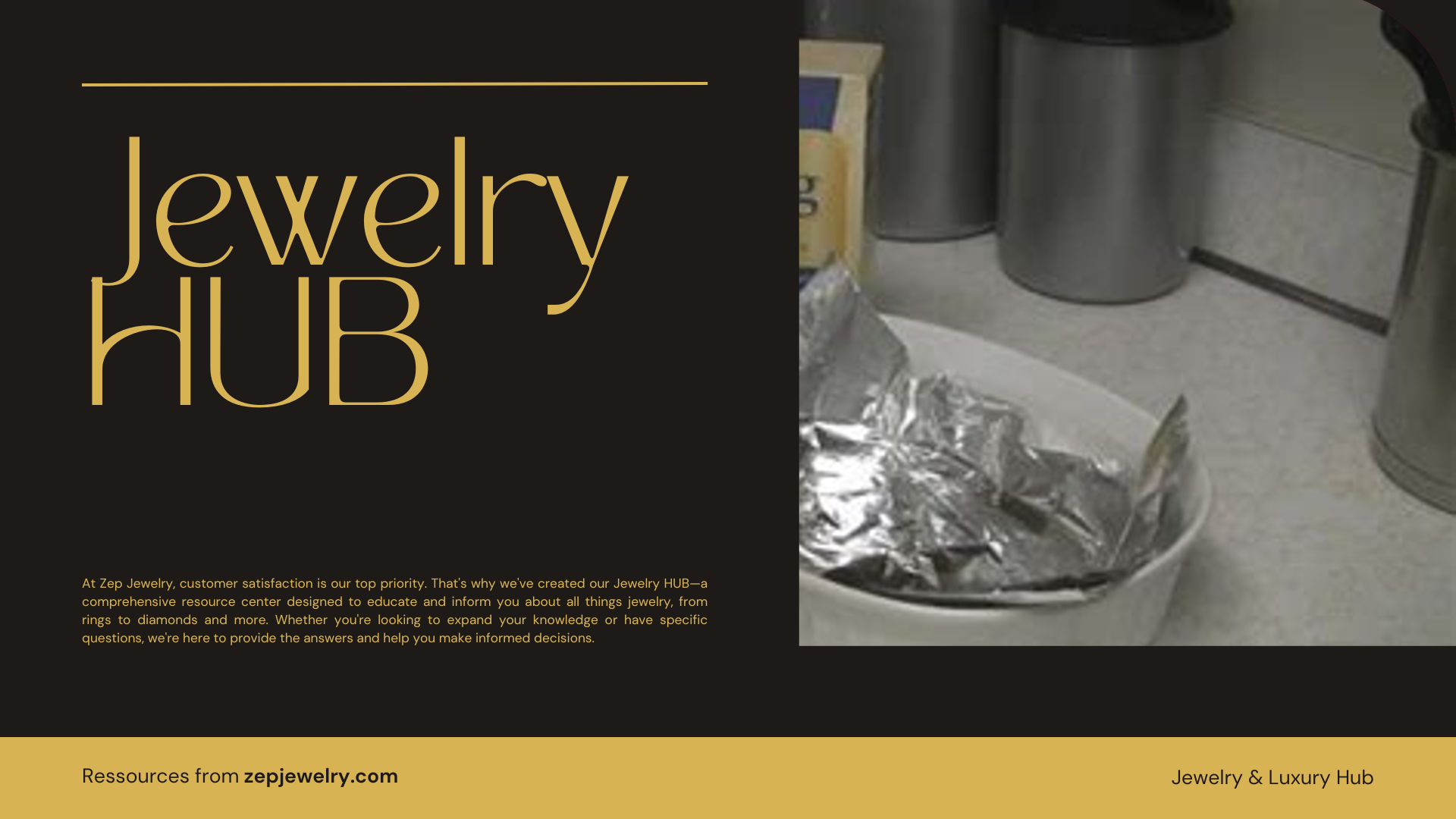Have you ever stared at a tarnished coin and wondered if a quick dip in jewelry cleaner could restore its original luster? While the allure of shiny coins is tempting, the reality is that jewelry cleaners, despite their powerful capabilities on metal and gemstones, can be the Grim Reaper for your collectible coins. Picture this: just as the wrong detergent can ruin your favorite fabric, the harsh chemicals lurking in these cleaners can leave your coins scarred and diminished. In a world where the beauty of coins often lies in their unique history and character, understanding the risks of cleaning them becomes pivotal.
Will jewelry cleaners effectively clean coins?
Using jewelry cleaners on coins is generally not a recommended practice, even if they have the capability to clean other surfaces effectively. One of the main concerns is that many jewelry cleaners contain harsh chemicals that can significantly damage the surface of coins, particularly those minted from softer metals such as copper or silver.
When considering the cleaning of tarnished coins, it’s crucial to realize that the aesthetic appeal gained from cleaning is often outweighed by the potential for irreversible damage. Collectible coins, in particular, can lose their numismatic value due to alterations caused by cleaning. Many collectors prefer to retain a coin’s natural patina, as this adds character and can increase its appeal and value. Cleaning can inadvertently strip coins of this patina, making them less desirable to enthusiasts and collectors alike.
Moreover, coins that have been cleaned are easily recognizable by seasoned collectors, and they typically fetch only a fraction of their value compared to uncleaned coins. If you feel compelled to clean your coins, it’s often better to adopt gentler methods. For instance, rinsing coins in distilled water or using a soft-bristled brush can effectively remove dirt without the harsh impact of jewelry cleaners.
For those inexperienced in coin collecting or the proper cleaning methods, it’s highly advisable to consult with a professional. They can offer tailored advice and services that ensure the preservation of your coins. Taking these precautions helps ensure that your cherished coins retain their value and history.
Why is it advised against cleaning collectible coins?
Why is it advised against cleaning collectible coins?
While it might be tempting to clean collectible coins to make them shine, doing so can often have unintended and detrimental consequences. In the world of numismatics, or coin collecting, the integrity of a coin’s original condition plays a vital role in its desirability and market value. Collectors and experts alike advocate for preserving a coin’s natural state because cleaning can lead to scratches or abrasions, which mar the surface and alter its character in ways that are not easily reversible.
Moreover, many collectible coins develop a unique oxidation or patina over time, which contributes to their aesthetic appeal and historical significance. This natural aging process is often viewed as part of the coin’s story, adding to its allure and value. Unfortunately, cleaning can strip away these important layers, diminishing its appeal for collectors and effectively reducing its market value. In fact, coins that have been cleaned are typically regarded as ‘damaged’ and can be significantly less valuable than their uncleaned counterparts, sometimes earning only a fraction of their potential worth. This leads many to experience regrets when they realize that a good intention—a desire to restore beauty—has actually compromised their investment.
For these reasons, it’s recommended that individuals cherish coins in their current condition. If a coin is particularly dirty or tarnished, it’s wise to consult a professional who can assess the situation and suggest appropriate, non-invasive cleaning methods—if necessary. Remember, preserving a coin’s history and integrity is far more valuable than a quick clean-up! So, before you reach for that cleaner, take a moment to consider not just what’s best for the coin, but also your potential long-term satisfaction as a collector.
What are the risks associated with using jewelry cleaners on coins?
Jewelry cleaners can vary in chemical composition, with some containing abrasive agents that can cause surface scratches or chemical reactions unsuitable for the metals in coins. For example, using such a cleaner on copper or bronze coins can destroy their original toning, leaving them with an unappealing color that diminishes their value. Furthermore, the potential for chemical exposure can pose health risks if not handled properly.
Are there safer alternatives to clean coins?
For those in need of cleaning coins, gentler methods are highly recommended. One such method involves rinsing coins in distilled water or using a soft brush to remove surface grime without damaging the coin. Additionally, a method involving witch hazel followed by rubbing alcohol has shown safe results. This approach ensures thorough cleaning while preserving the integrity and patina typically valued by collectors.
What should be taken into consideration before cleaning a coin?
Before proceeding with any cleaning, collectors should evaluate the coin’s condition and intrinsic value. Factors such as the coin’s age, composition, and potential market value should guide the decision-making process. For those unsure about the best cleaning methods for their valuable coins, consulting a professional is the safest route to avoid accidentally devaluing their collection.
Can jewelry cleaner be used on all types of coins?
No, jewelry cleaners should not be employed on all types of coins. Most circulating coins today are made from alloys like zinc, copper, nickel, or aluminum, which may react unpredictably with certain jewelry cleaners. Additionally, gold coins require no cleaning due to gold’s non-reactive properties. Understanding the material composition of your coins is essential before considering any cleaning product.
How does the perception of cleaning coins differ among collectors?
The perspective on cleaning coins has evolved significantly within the numismatic community. While past generations might have accepted or even encouraged cleaning, contemporary collectors and appraisers almost unanimously agree that cleaning diminishes a coin’s numismatic appeal. This shift underscores the importance of preserving a coin’s original state to maintain its value, demonstrating a growing respect for coins as historical artifacts rather than mere currency.
